The American Indian College Fund created the LGBTQ webinar series to provide a resource for all tribal colleges and universities (TCUs) on awareness and understanding of campus climate, identity, and current College Fund initiatives.
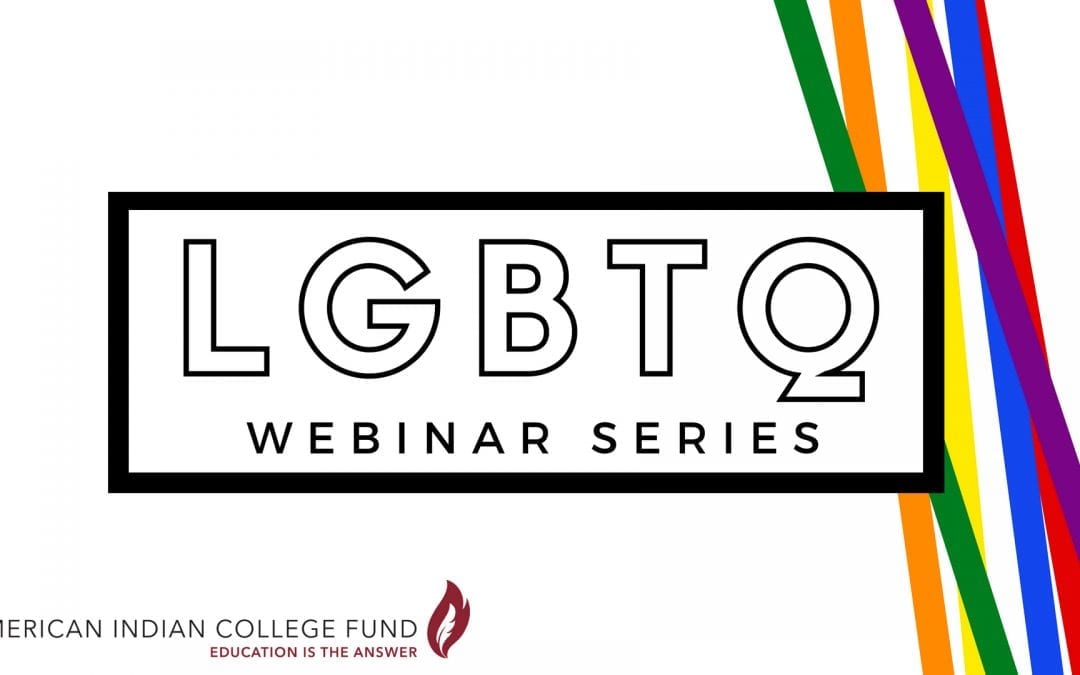

The American Indian College Fund created the LGBTQ webinar series to provide a resource for all tribal colleges and universities (TCUs) on awareness and understanding of campus climate, identity, and current College Fund initiatives.
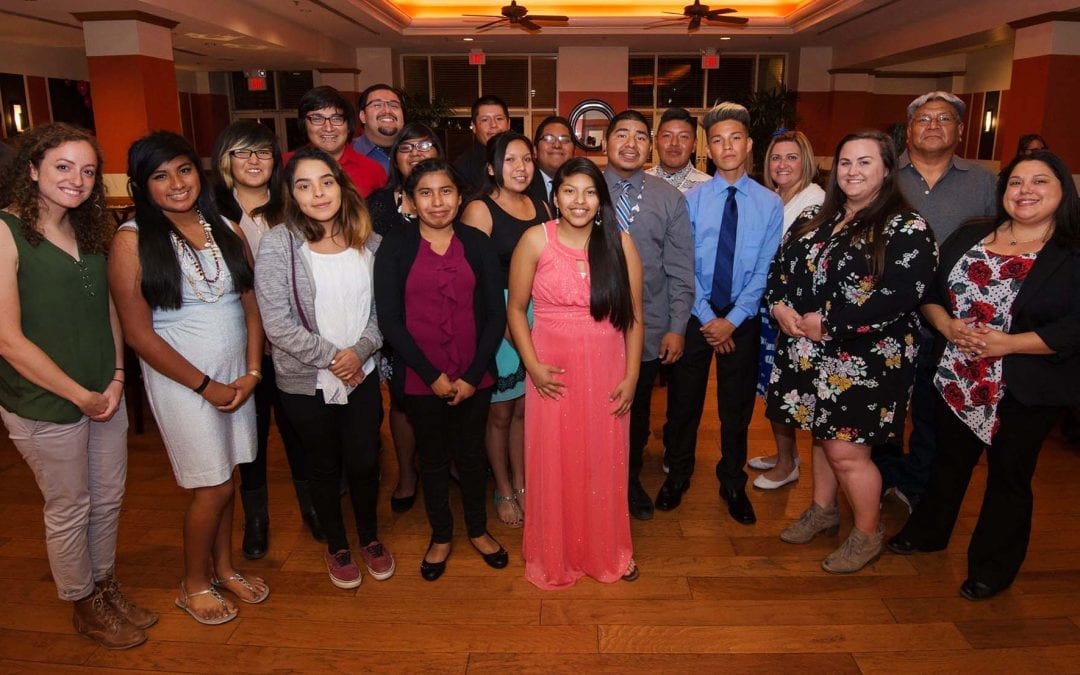
A team of staff at Tohono O’odham Community College (TOCC) and local high schools, led by Daniel Sestiaga Jr. at TOCC, has helped nearly 100 students prepare for and college success thanks to a grant from the American Indian College Fund and AT&T.
The Full Circle and TCU Scholarship applications have an essay style format with three short-answer questions. These sections are your chance to share your story and give readers an opportunity to see how a scholarship would help you achieve your stated educational and professional goals and require you to discuss three elements
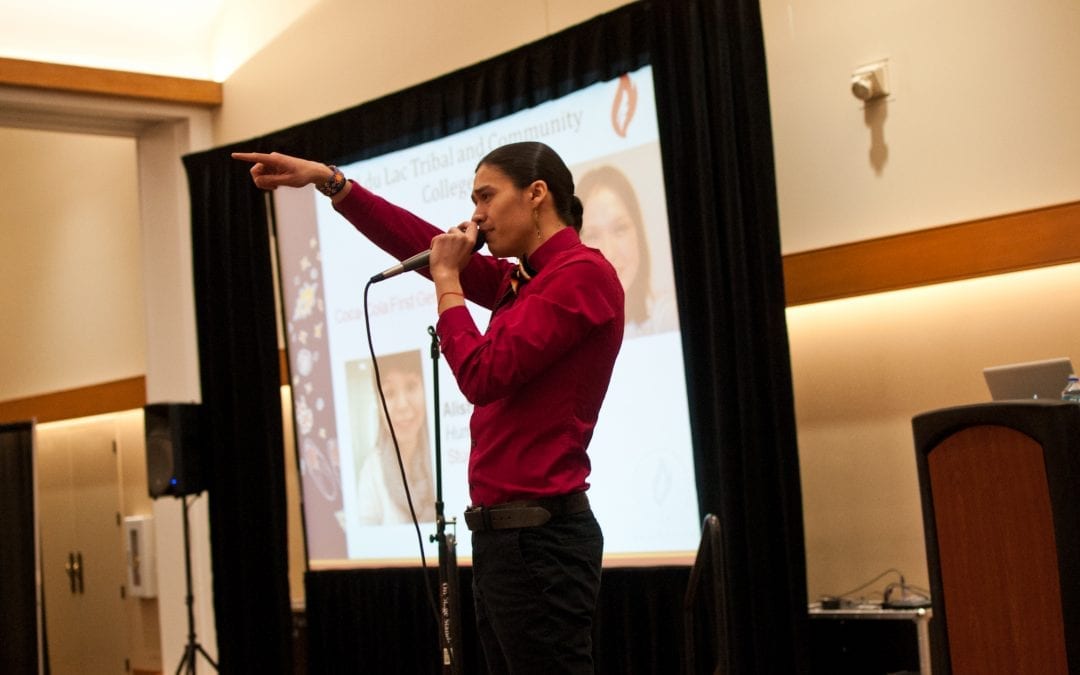
Visit our scholarships page and evaluate the scholarship categories (undergraduate attending a tribal college, undergraduate attending a mainstream college, or graduate student) to click “How to Apply” begin the application process.
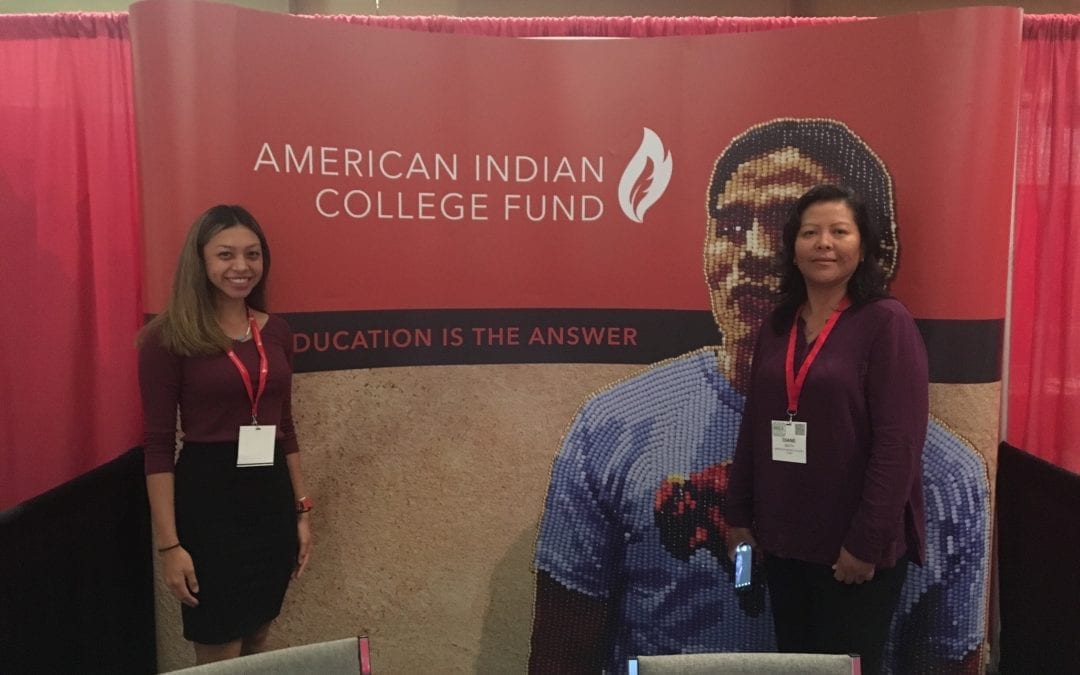
Walmart knows that providing outstanding students with scholarships is just one of the stepping stones students need to succeed. Opportunities to network outside of campus and community are important in exposing students to new ideas and possibilities as part of a students’ intellectual development—and career path.
Walmart knows that providing outstanding students with scholarships is just one of the stepping stones students need to succeed. Opportunities to network outside of campus and community are important in exposing students to new ideas and possibilities as part of a students’ intellectual development—and career path.
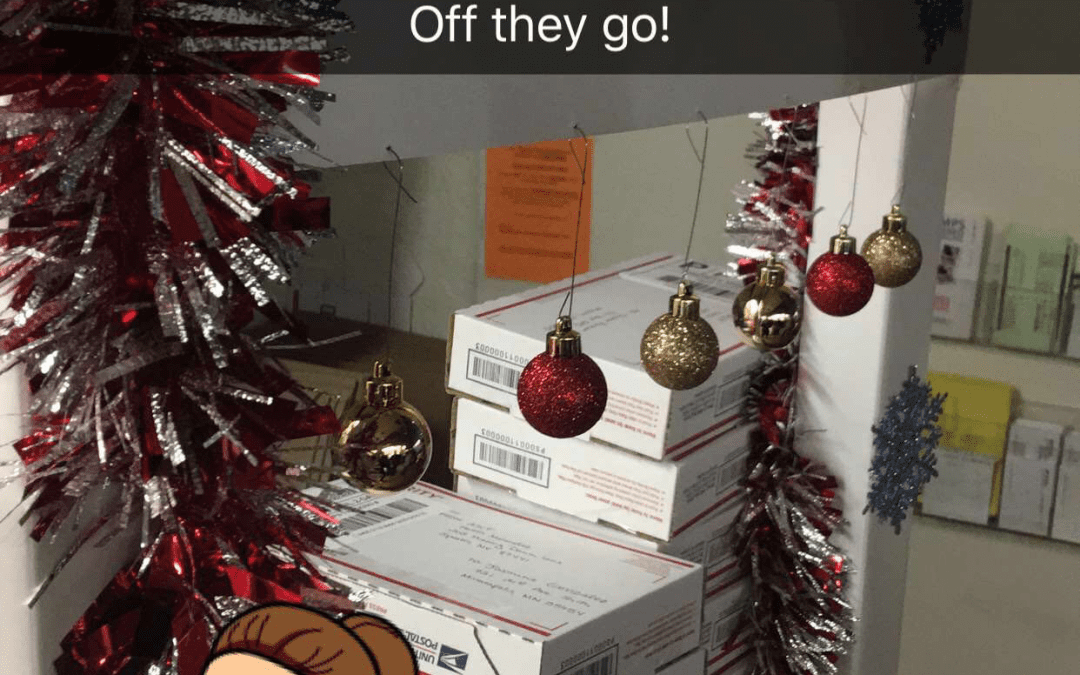
We know finals are a stressful time for college students—we’ve all been there! But we also know you CAN do it. To make Finals Week a little less stressful to its Native Pathways program participants, Student Coach Teresa Melendez lovingly packed care packages with highlighters, pens, snacks, and herbal tea for students.
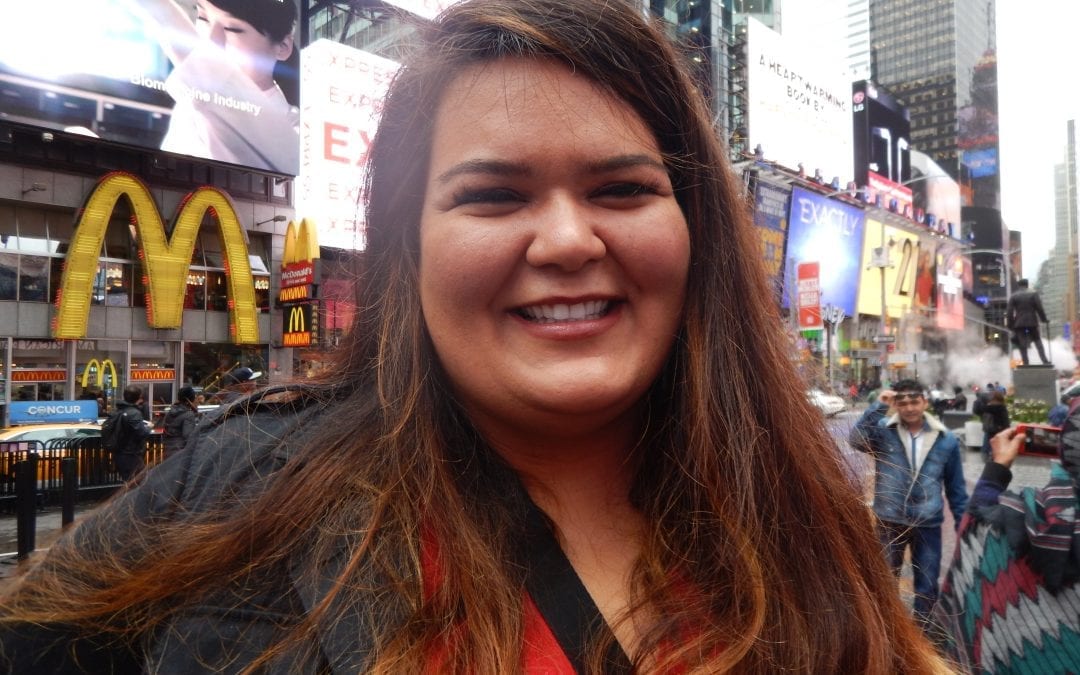
Robin Maxkii shared some snippets from her internship experience at the National Science Foundation in Washington, D.C. In a conversation with her about her internship experience, she shared that her time in Washington was one of her best experiences in learning more about how to think about and act on information given by working professionals and mentors. Although she was appreciative of their advice, she chafed at feedback about her career trajectory and academic pursuit.
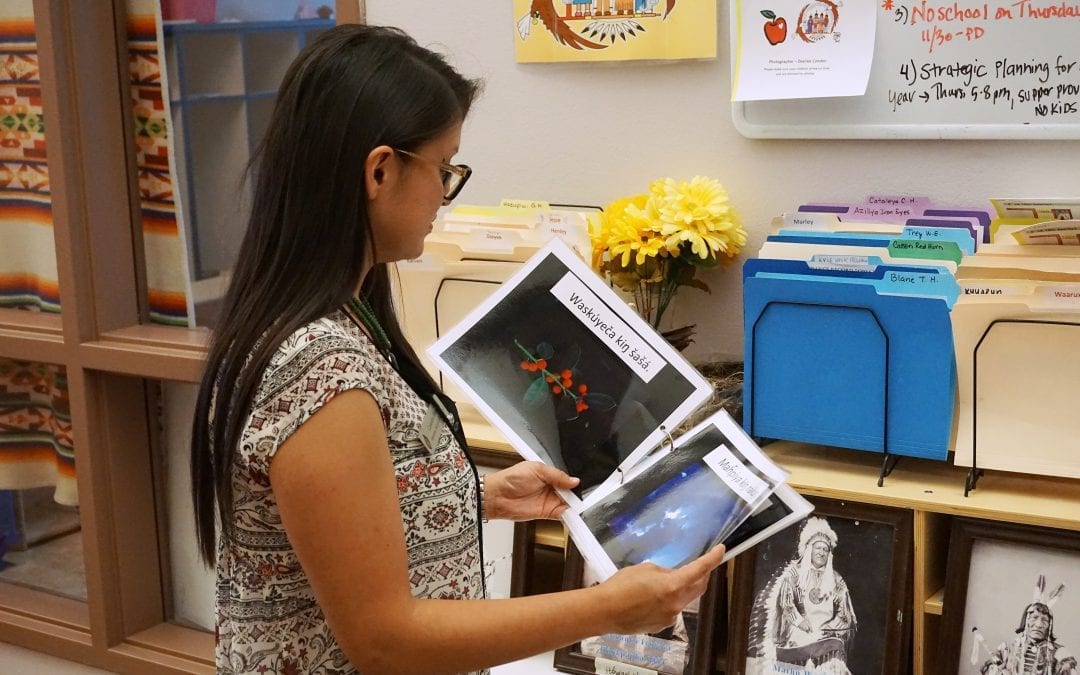
Cassandra Harden (Diné) was focused on a career in early childhood education when she first learned about internship opportunities with the American Indian College Fund (College Fund). While she studied as a student at tribal college Southwestern Indian Polytechnic Institute (SIPI) in Albuquerque, New Mexico. Cassandra got involved in SIPI’s early childhood program, working on the College Fund’s Wakanyeja “Sacred Little Ones” and Ké’ Early Childhood Initiatives, as a student intern.
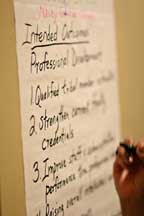
Why Create a Résumé? You must create a résumé to apply for a job. This document is crucial to landing an interview (and should be perfect before sending to a potential employer).